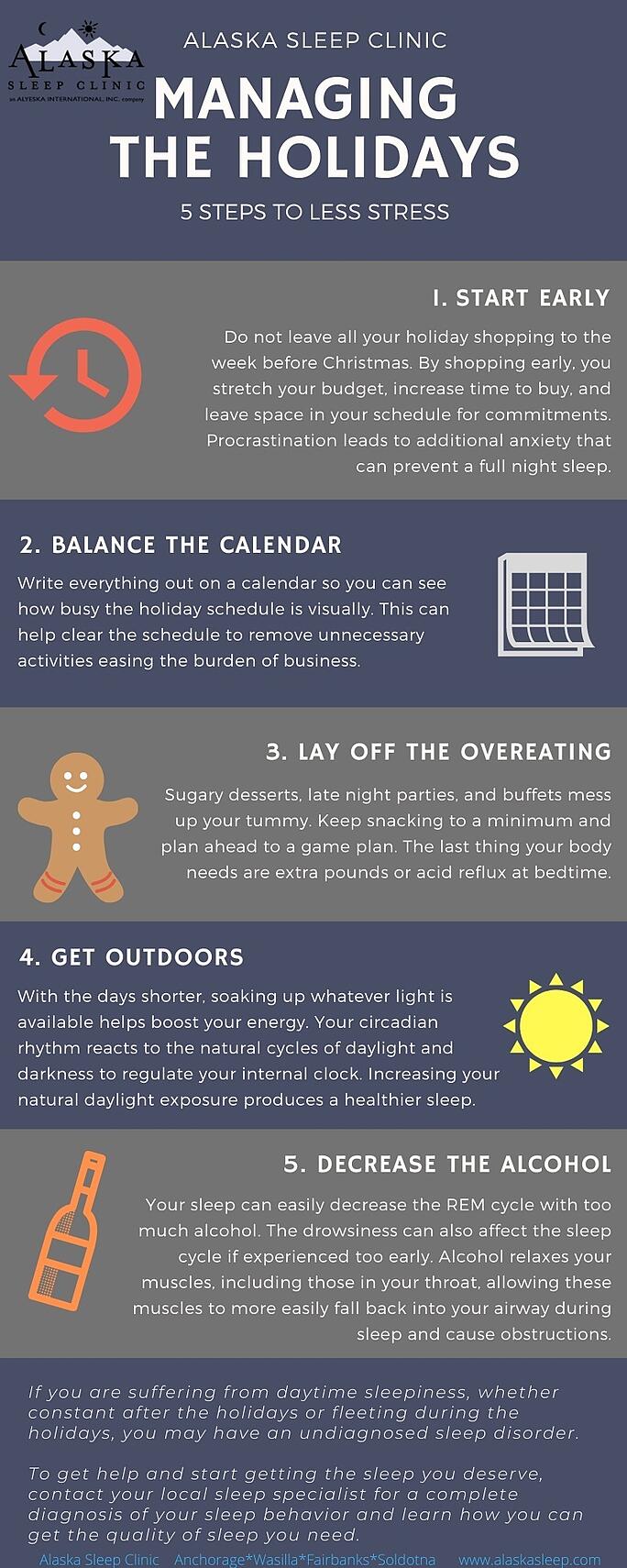Family Sleeping: 0-18 Years
The hardest part about being a family is that everyone is their own unique person. It is exactly how we were designed, but it doesn’t mean it is easy when everyone’s at different life stages affecting their sleep cycles.
As a wife, full-time working mom of two kids and a graduate student pursuing a PhD, sleep is essential to the rhythm of our family. Today, we will take a closer look at how life can affect sleep in a family from the smallest to the oldest.

Benefits
Many parents, both those who consider themselves to be attachment parents and those who do not, believe that shared sleep has many advantages.
- Infants who co-sleep go to sleep faster and stay asleep longer.2
- More mothers who co-sleep report feeling better rested.
- It promotes breastfeeding by making night feedings easier.
- Some research suggests that infants who co-sleep have stronger emotional relationships with their parents and with other people.3
- Co-sleeping advocates point to research that suggests when parents take sleep safety precautions it reduces the risk of Sudden Infant Death Syndrome.
Co-Sleeping Arrangements
Parents can find a co-sleeping arrangement that best suits their needs. Shared sleep can take on many forms and is adaptable to many lifestyles.
- The Family Bed: Parents sleep in the same bed with the baby.
- Sidecar Arrangement: The baby’s crib or co-sleeper bassinet is placed directly up against the parent’s bed. Three sides of the railing surrounding the crib mattress, but the side abutting the parent’s bed is left open.
- Shared Room: Parents and baby have their own beds that are located in the same room.
Cultural Differences and the Acceptance of Shared Sleep
There is no doubt that there is a difference in how well the practice of cosleeping is accepted across cultures. Western culture largely has frowned on the arrangement, whereas cosleeping seems to be the norm in other developing countries.
While the American Academy of Pediatrics (AAP) encourages room-sharing, it gives a big thumbs down to sharing a bed with a small infant.4 They cite research that indicates co-sleeping poses an increased risk to the baby’s health and well-being.
Other Criticisms of Co-Sleeping
The conflicting research brings up another sticking point that critics will argue. Many feel that there simply isn’t a great enough body of research on the short-term and long-term benefits of co-sleeping.5 Some believe more research is needed to verify the claimed benefits of shared sleep.
Sleep Safety Precautions
Others note that co-sleeping isn’t for every family, and it is imperative that parents follow several safety precautions. Parents who share a bed with their baby:
- Should not be under the influence of alcohol and drugs, including medications that affect their sleep.2
- Should not co-sleep if they have sleep disorders.
- Should not co-sleep in a waterbed or with any soft bedding near the baby.2 Preferably use a queen or king-sized mattress.
- Should not share a sleep space with their baby if they are extremely obese.
Everyone is different, even with how much sleep they need. However, one thing remains true…we ALL need QUALITY sleep to have a healthy life. Alaska Sleep Clinic is the most comprehensive sleep lab in Alaska. We look at everyone’s sleep troubles on an individual basis, so they will have the most success in their treatment. Call any of labs today in Anchorage, Fairbanks, Soldotna and Wasilla @ 907-770-9104.



